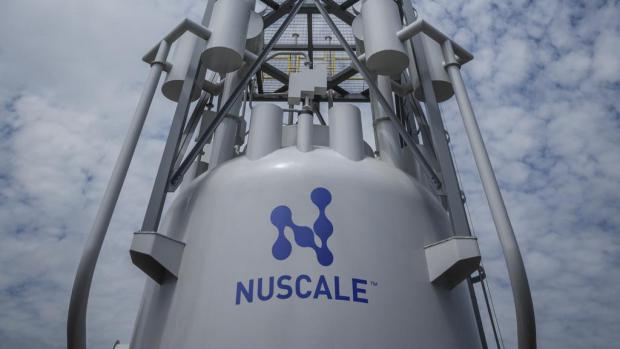
Breaking News
 Closing in on How Charlie Kirk Was Assassinated
Closing in on How Charlie Kirk Was Assassinated
 Here's a little song I just wrote. Dedicated to Al Gore.
Here's a little song I just wrote. Dedicated to Al Gore.
 Judge Blocks Executive Order Tightening Voter-registration Requirements
Judge Blocks Executive Order Tightening Voter-registration Requirements
 ALEX JONES' EXCLUSIVE EPSTEIN DOJ MEGA DOCUMENT DUMP ANALYSIS:
ALEX JONES' EXCLUSIVE EPSTEIN DOJ MEGA DOCUMENT DUMP ANALYSIS:
Top Tech News
 Critical Linux Warning: 800,000 Devices Are EXPOSED
Critical Linux Warning: 800,000 Devices Are EXPOSED
 'Brave New World': IVF Company's Eugenics Tool Lets Couples Pick 'Best' Baby, Di
'Brave New World': IVF Company's Eugenics Tool Lets Couples Pick 'Best' Baby, Di
 The smartphone just fired a warning shot at the camera industry.
The smartphone just fired a warning shot at the camera industry.
 A revolutionary breakthrough in dental science is changing how we fight tooth decay
A revolutionary breakthrough in dental science is changing how we fight tooth decay
 Docan Energy "Panda": 32kWh for $2,530!
Docan Energy "Panda": 32kWh for $2,530!
 Rugged phone with multi-day battery life doubles as a 1080p projector
Rugged phone with multi-day battery life doubles as a 1080p projector
 4 Sisters Invent Electric Tractor with Mom and Dad and it's Selling in 5 Countries
4 Sisters Invent Electric Tractor with Mom and Dad and it's Selling in 5 Countries
 Lab–grown LIFE takes a major step forward – as scientists use AI to create a virus never seen be
Lab–grown LIFE takes a major step forward – as scientists use AI to create a virus never seen be
 New Electric 'Donut Motor' Makes 856 HP but Weighs Just 88 Pounds
New Electric 'Donut Motor' Makes 856 HP but Weighs Just 88 Pounds
 Donut Lab Says It Cracked Solid-State Batteries. Experts Have Questions.
Donut Lab Says It Cracked Solid-State Batteries. Experts Have Questions.
Nuscale Will Get 25% More From Modular Nuclear Reactors For Breakthrough Economic Value

This breakthrough in economic value means that Nuscale modules will be clearly superior to all of the conventional large nuclear reactors and competitive against many natural gas and clean coal alternatives.
The overnight kilowatt cost for Nuscale is expected to drop from $3,600 to approximately $2,850.
For power generation capacity capital costs are often expressed as overnight cost per watt. Estimated costs are:
gas/oil combined cycle power plant – $1000/kW (2019)
onshore wind – $1600/kW (2019)
offshore wind – $6500/kW (2019)
solar PV (fixed) – $1060/kW (utility), $1800/kW (2019)
solar PV (tracking)- $1130/kW (utility) $2000/kW (2019)
battery storage power – $2000/kW (2019)
conventional hydropower – $2680/kW (2019)
geothermal – $2800/kW (2019)
coal (with SO2 and NOx controls)- $3500–3800/kW
advanced nuclear – $6000/kW (2019)
fuel cells – $7200/kW
Clean coal has higher operating costs and higher capital costs. Natural gas has high operating costs. The cost is mainly the constant usage of gas.
Nuscale will have very low nuclear-operating costs and baseload power reliability and the 60-year lifespan of nuclear reactors vs 15-25 years for solar and wind.
Hydropower requires flooding a large area of land and usually requires a river with the right characteristics.



